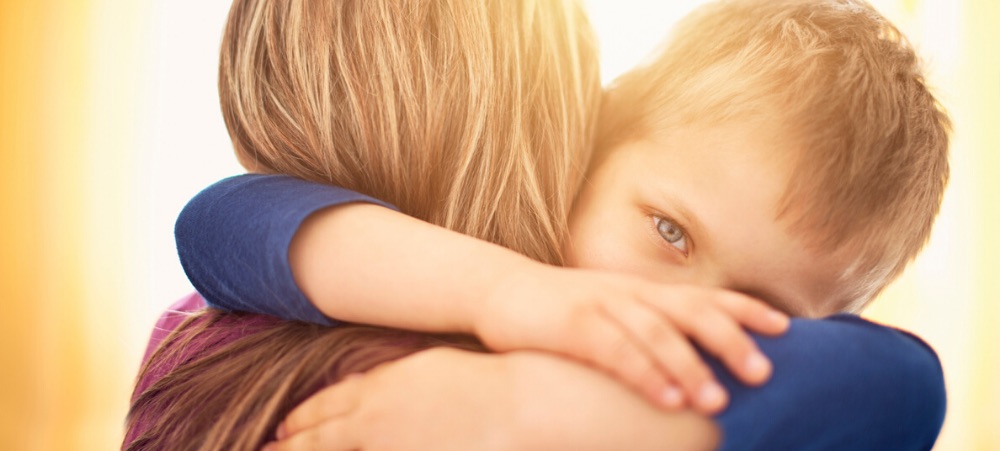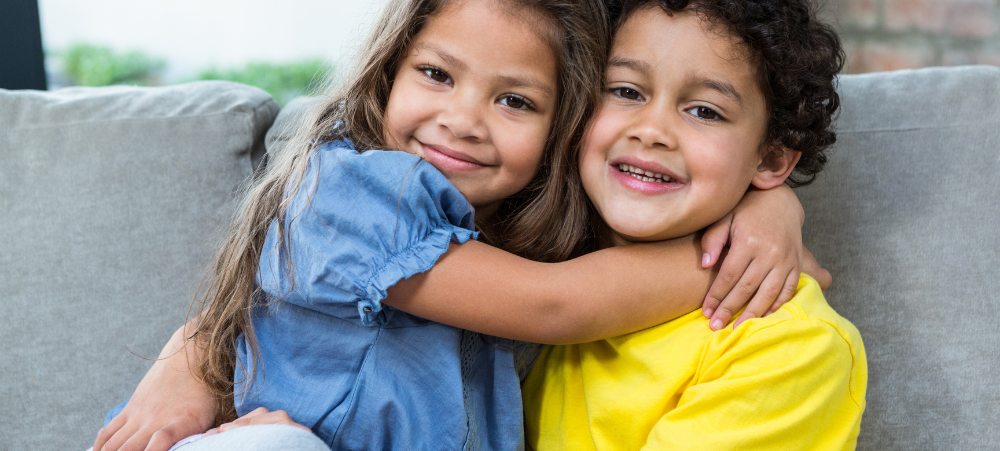As parents, our greatest wish is to protect our children from anything that will cause them pain, be it physically or emotionally. But in reality, tragic things happen. That is life and unfortunately there is just no getting around it; it’s tough and it’s going to be hard. However, there is a way we can be there for our children when this does enter their lives. Every event that is considered “tragic” has to be dealt with as its own individual event, so the way one would break the news of a death of a loved one would be different to the way one would break the news of a person getting divorced. There are some things one must consider though when breaking sad news to children…
The Child’s Age:
As adults, we often tend to believe that the younger a child is, the less aware they are of tragic events. Small children are extremely perceptive to their environments and have a very good sense if something is not right. So I would say, that from the age of 2, information needs to be explained. The difference would be how the news is broken to them.
The news of a death of a grandparent, to a 2 year old could be explained as “Grandad has died because he was very old, his body was tired so he went to Heaven. This is sad because it means we aren’t going to be able to see him anymore.” Be very factual and only give minimal detail. As they grow older, slightly more detail can be given. Please don’t ever share any gruesome or violent information, as a child’s imagination would take these details and create a picture in their minds which we have no control over. Knowing your child as an individual will help – some can be very sensitive, etc.
Children will always have questions. Answer them as factually and unemotionally as possible and give just enough information that they feel their question has been answered satisfactorily. Perhaps their questions don’t even relate to what you have shared. Answer them whether you find it relevant or not. It is their way of making sense and processing what they have been told, heard, seen or felt going on around them. One should also try to show that as sad as some news is, there is always something good that can come out of it (this gives children a sense of hope).
Our Emotional state when telling the news:
When news is broken to children, they don’t react to the news, but to our emotional state. So wherever possible, try and be in a resourceful state. Children will “read” your body-language; hear the difference in the tone of voice etc. If one is crying uncontrollably when telling the news they will start crying too. If you are too emotional to break the news, ask someone else they are close to, to share it. They do need to see you express your feelings too though, only explain them and let them see you recover.
Be aware of them afterwards:
In the days, weeks and months that follow the telling of “tragic” news, one needs to be very aware of your children. They may not be able to express their feelings verbally, however, you may note that suddenly they become more tearful than usual. They may call for you more at night or become angry over the slightest things etc. When you see this happen, be there for them. Give them more hugs than normal, go to them at night and don’t get angry with them, as they are looking for reassurance and security. Name the emotion they are displaying; “I see you are angry, that’s ok, but it’s not ok to hurt someone else when we are angry.” Encourage them to express how they feel. Be open to the fact that they may need outside therapy, and that’s ok.
With Love, reassurance and guidance remember, “THIS TOO SHALL PASS.”
Written By: Susan Gregor-Harlen (Teacher at Trinityhouse Pre-Primary Randpark Ridge)
targeted toward Parents.
We understand that there are many aspects that encompass a Mother, Father or Child and strive toward providing resources and services that accommodates
this.
Our content is aimed to inform and educate families on issues starting from
pregnancy through to the challenges of the teen-age years.
- Mindful Parenting: Staying Calm Amid Chaos - October 7, 2025
- When it comes to Breast Cancer, everyone’s journey matters - September 30, 2025
- Teaching Kids Gratitude: Simple Everyday Practices for a Positive Mindset - September 30, 2025





